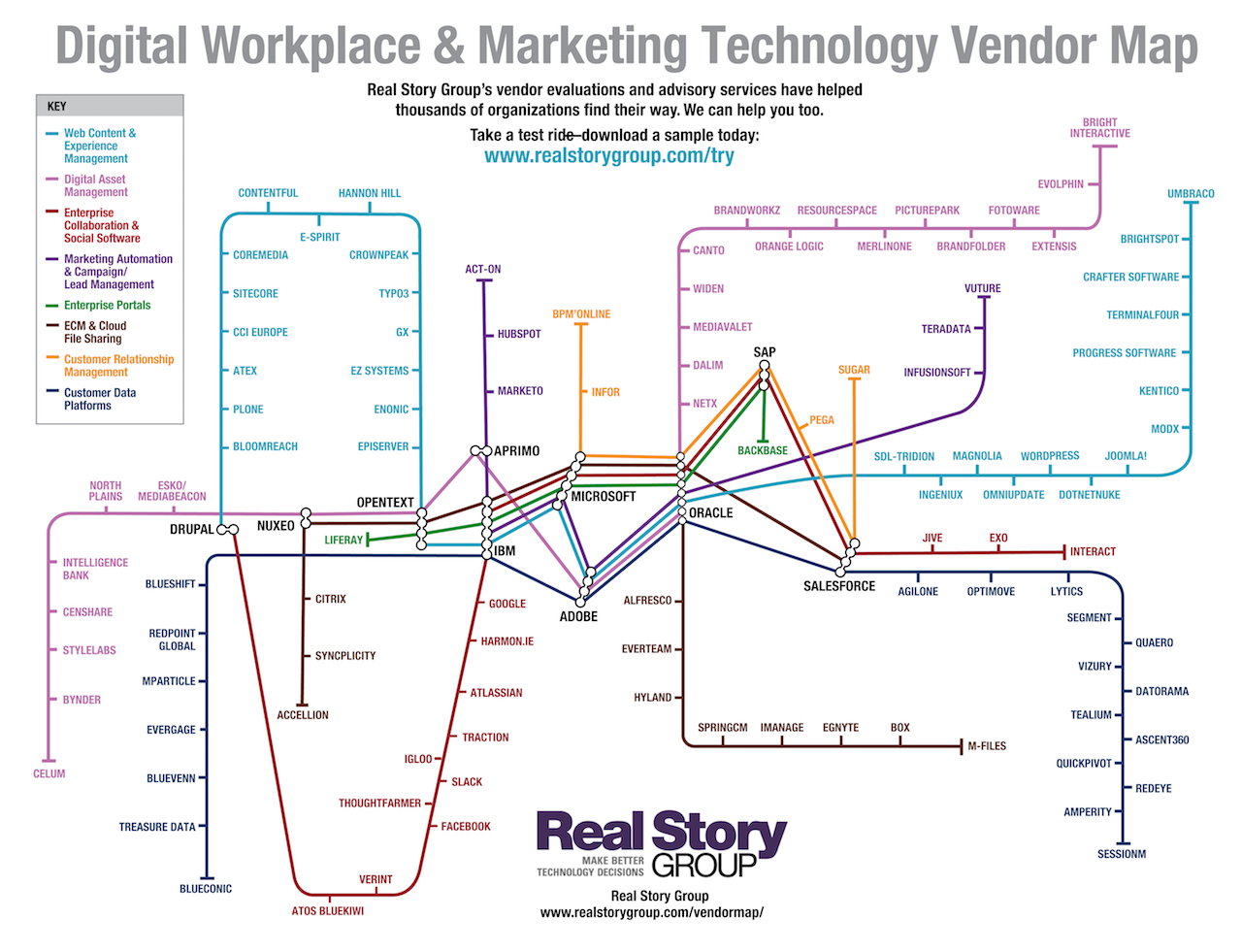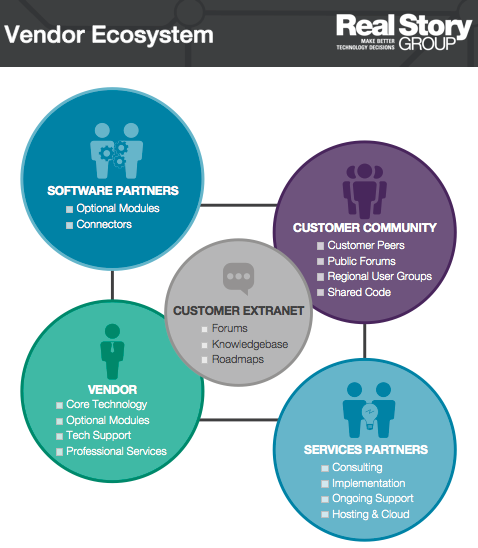IT can become a positive force in Enterprise 2.0 success
A common refrain among industry pundits is that IT is part of the problem holding back innovation in the enterprise in general, and stunting social networking in particular.
For the most part, we don't see that. In fact more the opposite. SearchCIO recently gave me the opportunity to riff a little on the topic. Here's an excerpt from that interview.
One constant -- and here is where I differ from some gurus in this field -- that I have seen as a key to E2.0 success is a very supportive and interested IT operation.
They are helping lead people through this thicket of buzzwords and confusion. They help sort this out into concrete projects, which IT is generally pretty good at. They see across the organization. They see commonalities. They often are already trying to rationalize these tools; they know they don't want 12 different Wiki platforms.
The other interesting thing about IT teams is that very often they have early, successful adopters of these social networking and collaboration tools.
Now the downside is that IT may overestimate their business colleagues' ability to pick up some of these interfaces and play with them and do useful things with them. But I have seen things turn out really well where IT was playing a leadership role, in particular where their approach was not to just stifle interesting things that were happening, but to allow innovation.
These are the IT teams that are willing to work with existing projects that may even have started as shadow IT, and to say, "Look, we're not coming in here to impose a solution; we are coming in here to bring specific applications that are going to add value." And that is a whole different conversation.
To quote from an older post, "If you want your IT group to be more creative, then you also need to give them the freedom to experiment, too...."







